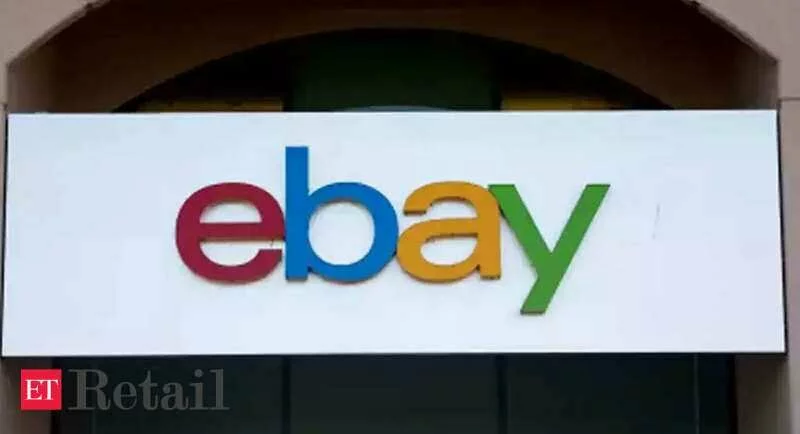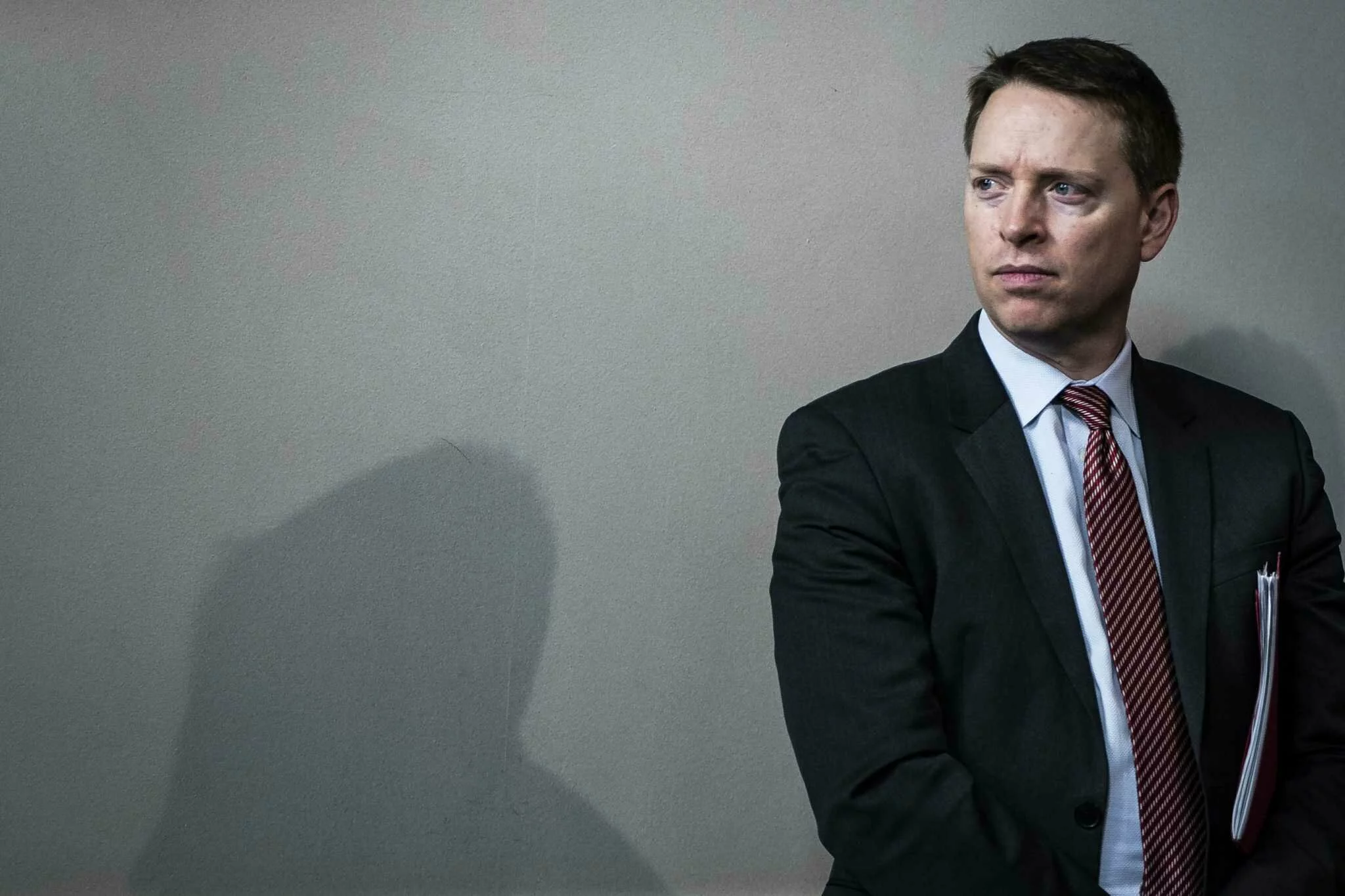
He faced China's intimidation as a reporter. Now he's shaping Trump's hard-line policy toward Beijing.
- 2020-04-28 18:44
- By beaumontenterprise.com
WASHINGTON - In February, as President Donald Trump was projecting confidence that China's Xi Jinping had the novel coronavirus under control, his deputy national security adviser Matthew Pottinger received some alarming information. The episode illustrates the quiet but potent influence of the White House's foremost China expert, whose personal experience as a journalist in that country two decades ago left him deeply distrustful of the regime in Beijing and is now shaping the administration's hard-line posture. Pottinger believes that Beijing's handling of the virus has been "catastrophic" and that "the whole world is the collateral damage of China's internal governance problems," said a person familiar with his thinking, who, like others, spoke on the condition of anonymity to discuss his views. Since the earliest days of the coronavirus's arrival in the United States, Pottinger has been conferring with his older brother Paul, a virologist at the University of Washington who treated patients stricken in the country's first viral outbreak, according to people familiar with their conversations. In March, he led a review that culminated in the State Department slashing the number of visas for Chinese journalists under the rationale that they worked for state-backed propaganda outlets at a time when Beijing was cracking down on foreign reporters. In the early 2000s, Pottinger covered the SARS outbreak, and in 2004, after the virus had been largely contained, he wrote a story for The Journal about a small resurgence tied to a safety accident at a lab - an event that associates said colors his views of the current crisis. Last year, he was among a cohort of NSC aides who helped shepherd Trump's decision to place Huawei, a giant Chinese telecom equipment-making firm that provides 5G networks, on the Commerce Department's entity list, making it very difficult for American companies to do business with it. But the real threat, he said, was that allowing Huawei into the country would be akin to President Ronald Reagan and U.K. Prime Minister Margaret Thatcher agreeing to let the KGB, the Soviet Union's spy agency, build telecommunications networks during the Cold War. Pottinger met with the families of Chinese dissidents at the Eisenhower Executive Office Building, but Trump has said little about the mass pro-democracy protests in Hong Kong and China's jailing of more than a million Uighur Muslims in Xinjiang. In mid-March, under mounting public criticism, Trump made a sharp turn from praising Xi to blaming China for its lack of transparency, citing a Chinese official who promoted a conspiracy that the virus had been released by the U.S. military.
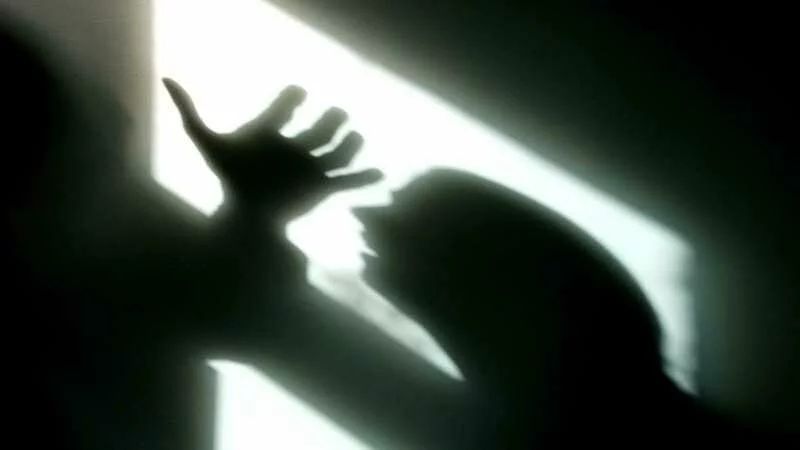
Brisbane man jailed after stabbing wife more than 20 times
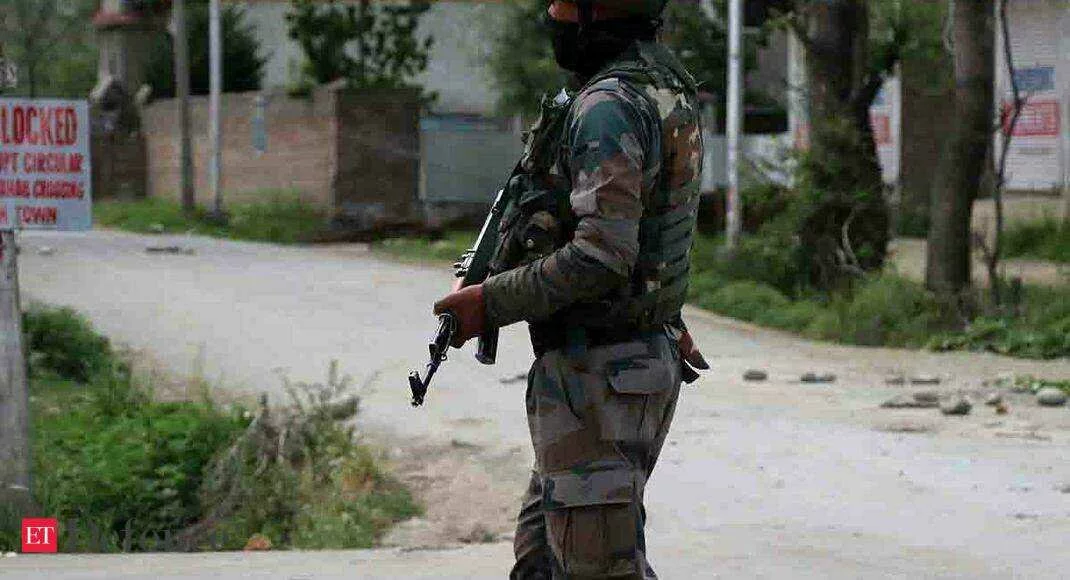
Commanding Officer, Major and three others killed in North Kashmir encounter
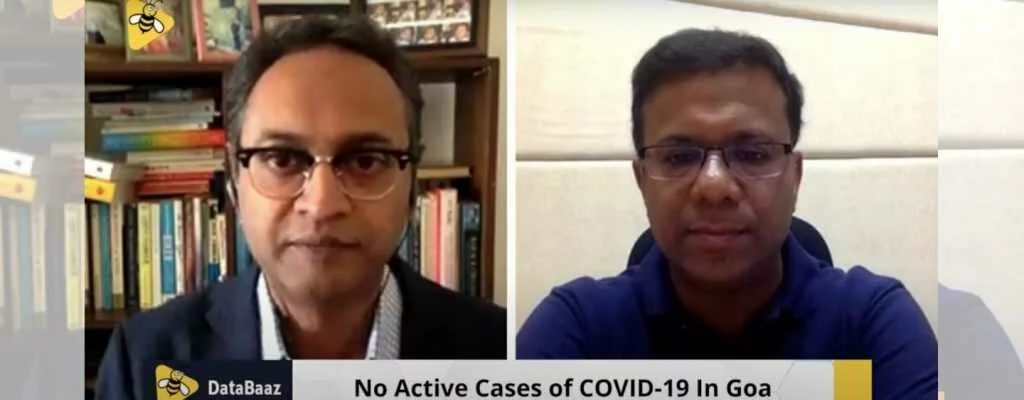
How Goa Pushed COVID-19 Back |
